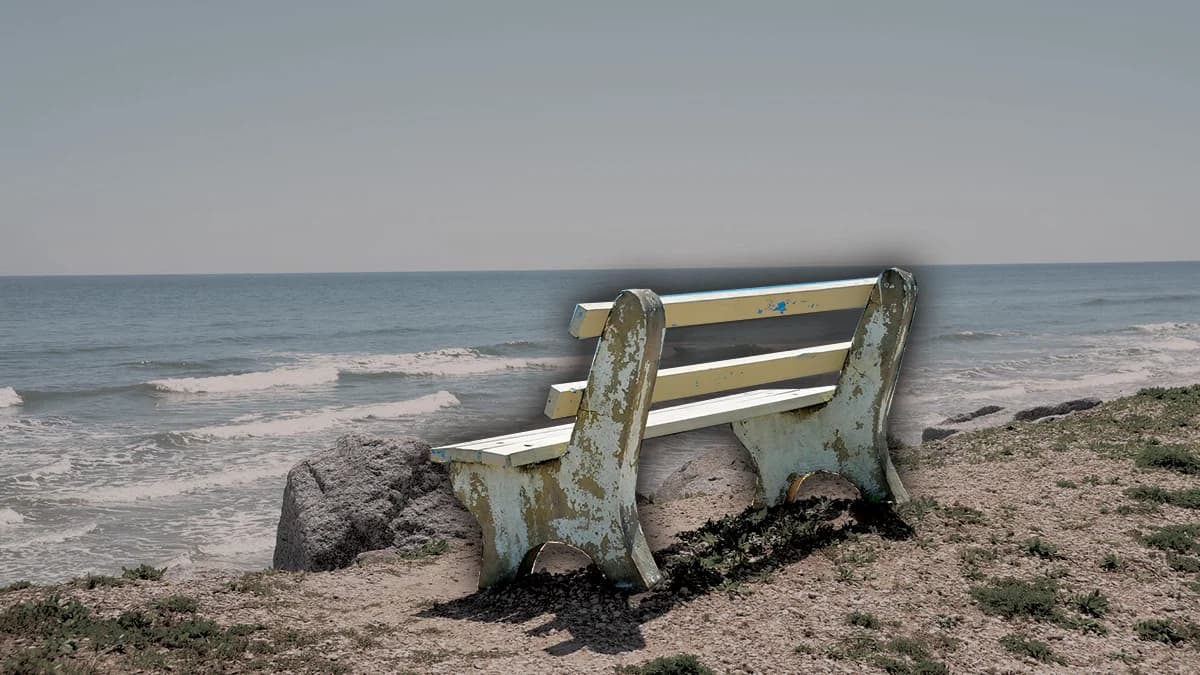Dealing with Grief
18. oktober 2023 kl. 09:29 · 4 minutter å lese

Loss is an unfortunate but unavoidable part of the human condition.
Sooner or later, all of us will lose someone, or something important to us. As hard as this may be, the question is less how we can avoid this form of tragedy, but how can we deal with it when the time comes and safeguard ourselves for the longer term?
Grief or bereavement is most often associated with the death of a loved one, but this need not necessarily be the case. Many of the symptoms of bereavement can follow after the loss of a job, the ending of a relationship, or even a move to a new area. Almost any significant change in our lives could result in such feelings.
There is even sometimes a distinction between anticipatory grief - which we experience in advance of an expected loss - and secondary grief - which occurs after the initial shock when one begins to attempt to move on.
Symptoms
Although it may seem obvious to others, even ourselves in hindsight, the symptoms of bereavement can be difficult to recognise sometimes. Losing someone we love can be a shock, even if we perhaps knew to expect it; it can leave us ‘in a daze.’ This is a typical first reaction to a loss and comes in the form of a feeling of numbness, or shock and can leave us feeling exhausted for much of the time.
In addition to feelings of sadness, we may also experience emotions of guilt for things that we did or didn’t do, or even anger. All the above symptoms can come and go, sometimes surprisingly quickly, whilst others may feel omnipresent and overbearing.
Coping Strategies
Obviously, serious bereavement can be a tremendous drain on our mental health, even if it affects everyone in subtly different ways. Whilst nothing is a proper replacement for speaking to a trained psychologist, there are some tried and tested techniques that can be useful nevertheless.
- Having a good support network can be a huge help for many. Being able to share and open up to someone else can help ‘lighten’ the emotional load. Friends and family may also be able to offer practical as well as emotional help.
- Speaking with a psychologist is likely to be the most effective action one can take, but there are also likely to be peer support groups available either online or in your local area.
- Try and maintain healthy habits. Despite how difficult it might be at times, it's worth trying to maintain things like a healthy diet, regular exercise and getting a good amount of sleep.
- Steer clear of unhealthy habits: It can be tempting to indulge a little more than usual if we’re feeling low, but things like alcohol, or other drugs should be used with caution. Whilst it might be tempting to self medicate - even unintentionally - it can often be counterproductive and actually accentuate any mental health issues we may be experiencing.
Grief’s reputation for being difficult is well earned - is notoriously hard for a reason. So, it is important to retain some perspective and take each day as it comes. However, there’s no shame in reporting these feelings to others and seeking professional psychological help if need be.
Not only that but grief and its after-effects can strike at any time, potentially even long after the initial tragedy has occurred. Remember that it’s normal for these feelings to occur and it's just as normal for them to dissipate after a time.

